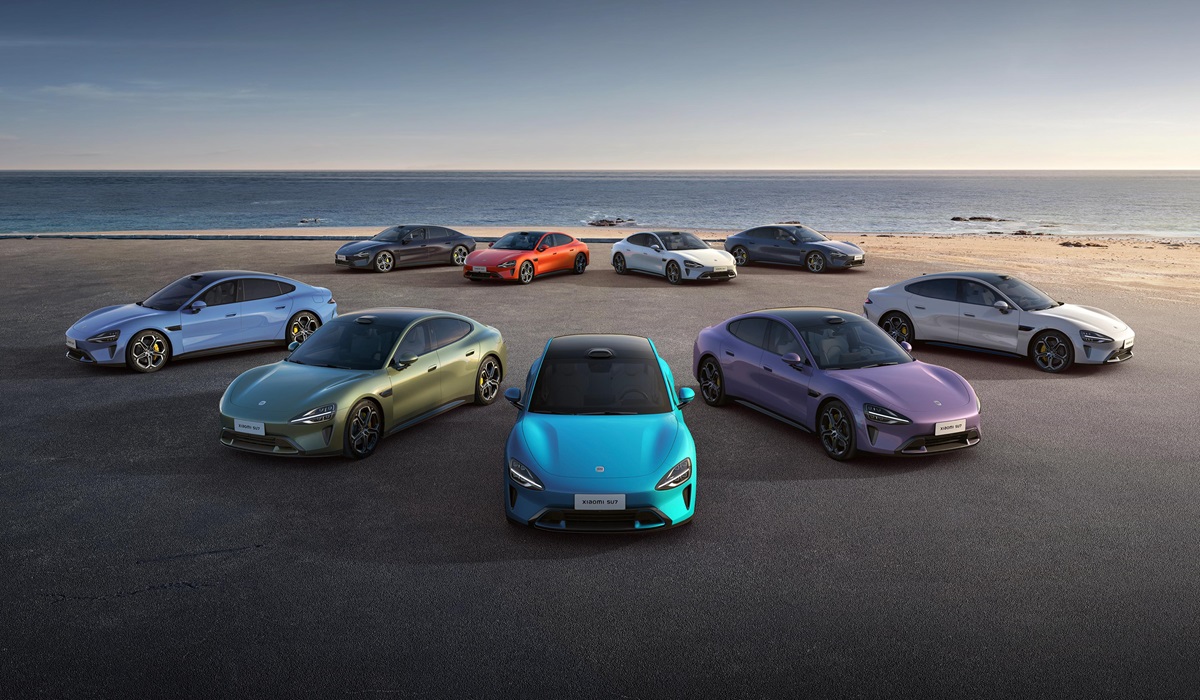Image credit, Xiaomi
In the dynamic realm of China’s luxury auto market, where demand often outpaces supply, the entrance of Xiaomi SU7 couldn’t have come at a more opportune moment. This latest contender has not only shaken up pricing dynamics but has also underscored the indispensable role of competition in driving positive change within the industry.
The story unfolds against a backdrop of soaring prices and insatiable demand, where foreign luxury vehicles reign supreme. Scarcity has long been the norm, with dealers leveraging limited supply to command premium prices and maximize profitability. However, the arrival of Xiaomi SU7 heralded a paradigm shift, disrupting the established equilibrium and challenging the status quo.
What sets Xiaomi SU7 apart is its welcome timing. Its entry into the luxury market was not just a mere disruption; it was a timely intervention that injected much-needed competition into a market characterized by monopolistic tendencies. By offering a compelling alternative to established players, Xiaomi SU7 effectively broadened consumer choice and empowered buyers with newfound leverage.
The impact was immediate and profound. The exorbitant price tags of BMW 3 Series and Mercedes-Benz C-Class, once considered sacrosanct, plummeted significantly in response to Xiaomi’s arrival. This rapid repricing underscored the transformative power of competition, illustrating how market dynamics can swiftly recalibrate in the face of disruptive innovation.
At its core, the Xiaomi SU7 saga serves as a potent reminder of why competition is not just desirable but imperative within the luxury auto market. Competition breeds innovation, incentivizing companies to continuously improve their offerings and enhance value for consumers. In a landscape where complacency reigns, the absence of competition stifles progress and perpetuates inefficiencies.
Moreover, competition fosters transparency and accountability, compelling companies to operate with integrity and prioritize consumer welfare. By challenging monopolistic practices and predatory pricing, competitors like Xiaomi promote a more equitable and inclusive market environment, where fairness and accessibility prevail.
Yet, the significance of competition extends beyond mere market dynamics; it embodies a fundamental ethos of free enterprise and economic empowerment. In a country as vast and diverse as China, where the economy is growing with more people having disposable income, the democratization of access to luxury vehicles is not just a matter of consumer choice but a catalyst for social mobility and economic empowerment.
In navigating the complexities of the luxury auto market, stakeholders must recognize the transformative potential of competition and embrace it as a catalyst for positive change. Auto dealers, while driven by the imperative of profitability, must prioritize ethical conduct and consumer welfare, eschewing exploitative practices in favor of fair and transparent business transactions.
Likewise, disruptors like Xiaomi SU7 have exercised prudence and responsibility, ensuring that their actions contribute to the long-term sustainability and vibrancy of the industry. By striking a delicate balance between competitiveness and ethical integrity, stakeholders can collectively steer China’s luxury auto market towards a future characterized by innovation, accessibility, and prosperity.









